Cats are mysterious creatures, often leaving their owners guessing about what’s going on in their furry little heads. Have you ever wondered if your cat feels unseen or overlooked? While they may not express themselves as openly as dogs, cats have their own unique ways of communicating. Understanding these signals can help you ensure your feline friend feels loved and appreciated. Let’s dive into the world of feline emotions and discover how you can tell if your cat is feeling unseen.
Changes in Eating Habits
One of the first signs that your cat may be feeling unseen is a change in its eating habits. Cats are creatures of routine, and any deviation from their normal eating pattern can indicate that something is amiss. If your usually ravenous cat suddenly seems disinterested in food, it might be trying to tell you something. Conversely, a cat that begins overeating might be seeking comfort in food due to feeling neglected. Observing these changes and consulting with a vet can help you address any underlying issues.
Increased Vocalization
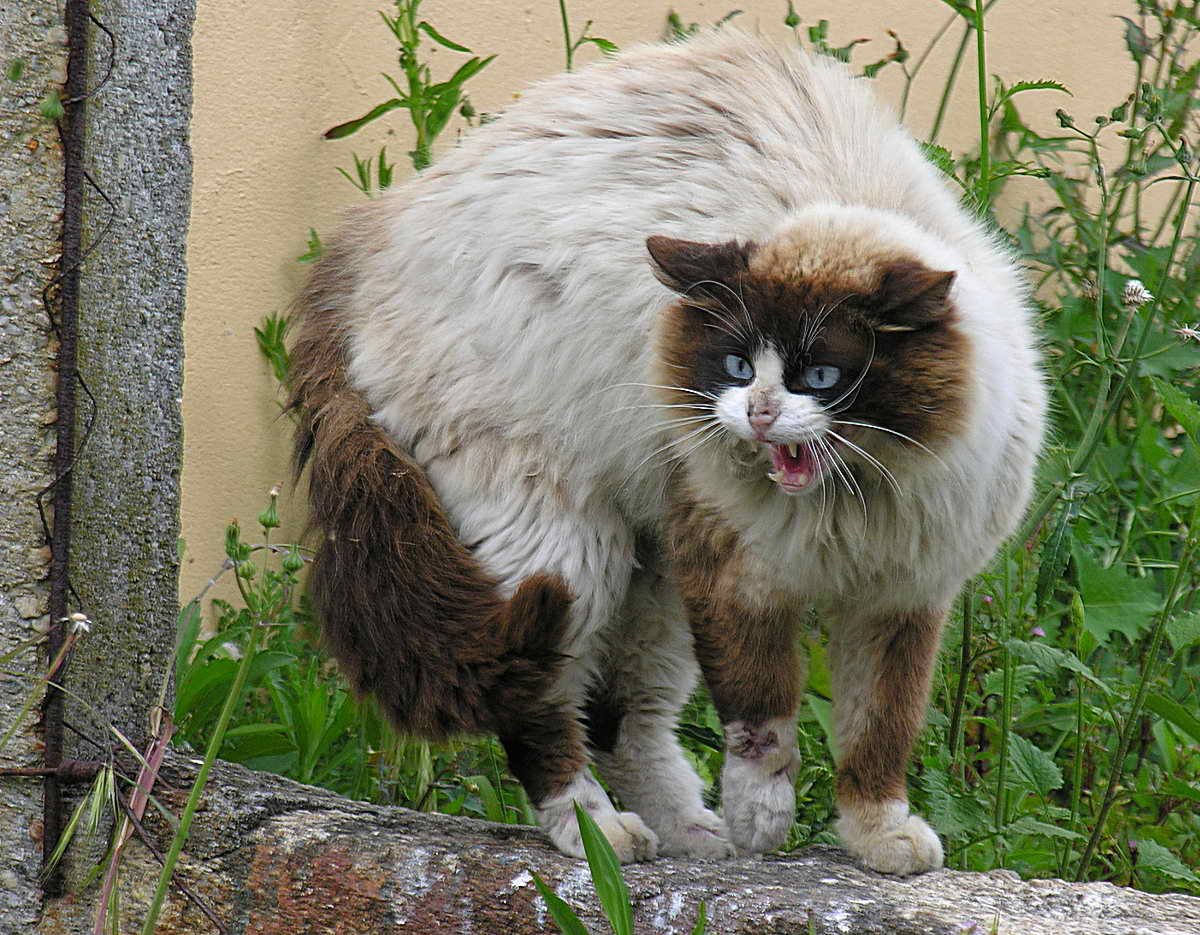
Cats communicate with their owners through a variety of sounds, from purring to meowing. If your cat starts meowing more than usual, it could be trying to get your attention. This increase in vocalization may be its way of saying, “Hey, I’m here!” It’s essential to pay attention to these vocal cues, as they might indicate your cat is feeling left out or ignored. Responding to their calls with affection and playtime can reassure them that they are not invisible.
Excessive Grooming
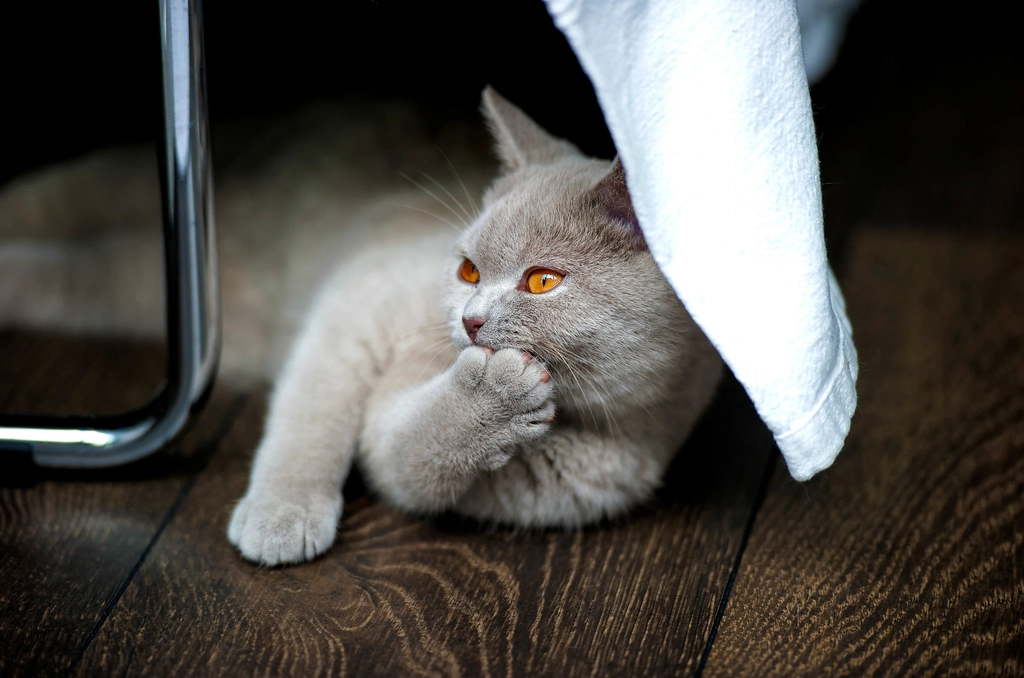
Grooming is a natural behavior for cats, but excessive grooming can be a sign of stress or anxiety. If your cat is grooming itself more than usual, it might be trying to cope with feeling unseen. This behavior can lead to bald patches or irritated skin, which can further stress your pet. Providing your cat with more attention and affection can help alleviate its anxiety and reduce excessive grooming.
Hiding More Often
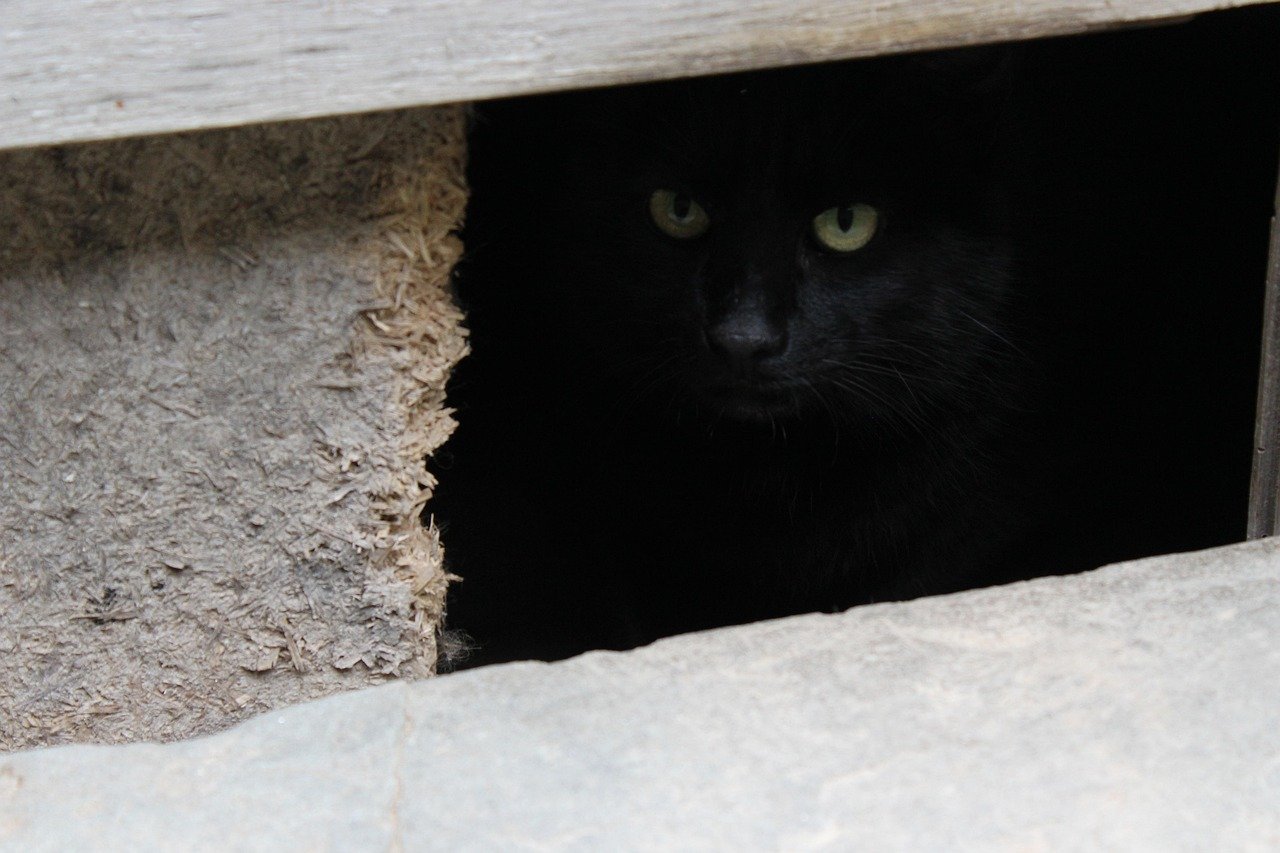
Cats are known for their love of cozy hiding spots, but if your cat is spending more time than usual tucked away, it might be feeling unseen. Hiding is a common behavior in cats that are feeling stressed or anxious. By creating a safe and loving environment, and ensuring your cat feels included in family activities, you can help reduce its need to hide away from the world.
Changes in Litter Box Behavior
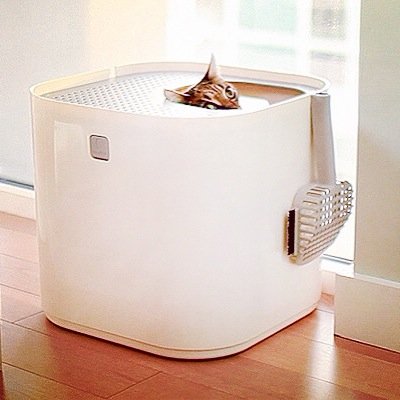
A sudden change in litter box habits can be a red flag that your cat is feeling unseen. If your cat starts having accidents outside the box or avoiding it altogether, it might be trying to communicate a problem. This behavior can be a sign of stress or anxiety, often stemming from feeling overlooked. Cleaning the litter box more frequently and giving your cat plenty of attention can help address these issues.
Decreased Playfulness
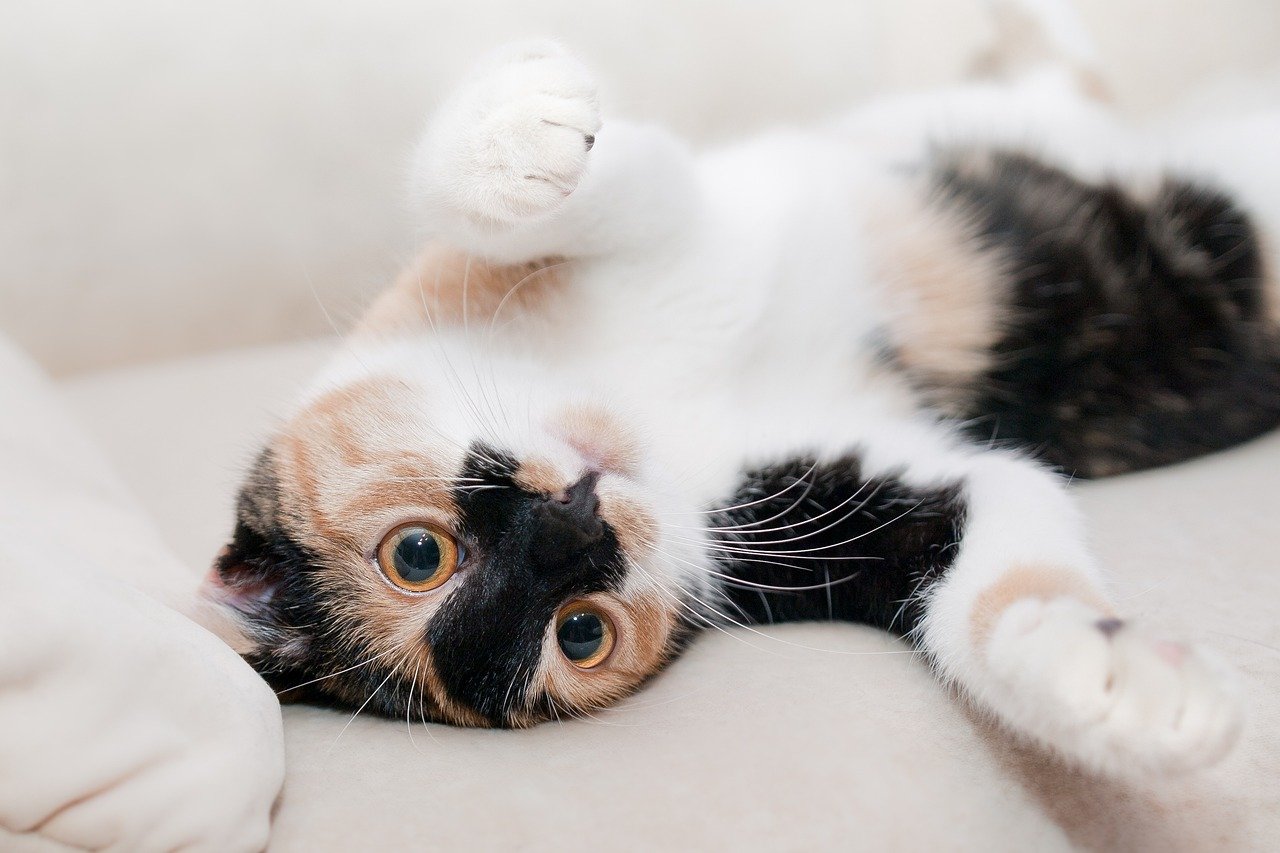
Cats are playful creatures by nature, and a sudden decrease in playfulness can be a sign of feeling unseen. If your cat seems uninterested in its favorite toys or playtime activities, it might be feeling neglected. Engaging your cat in interactive play sessions can help rekindle its playful spirit and reassure it that it is an essential part of your life.
Clinginess or Neediness
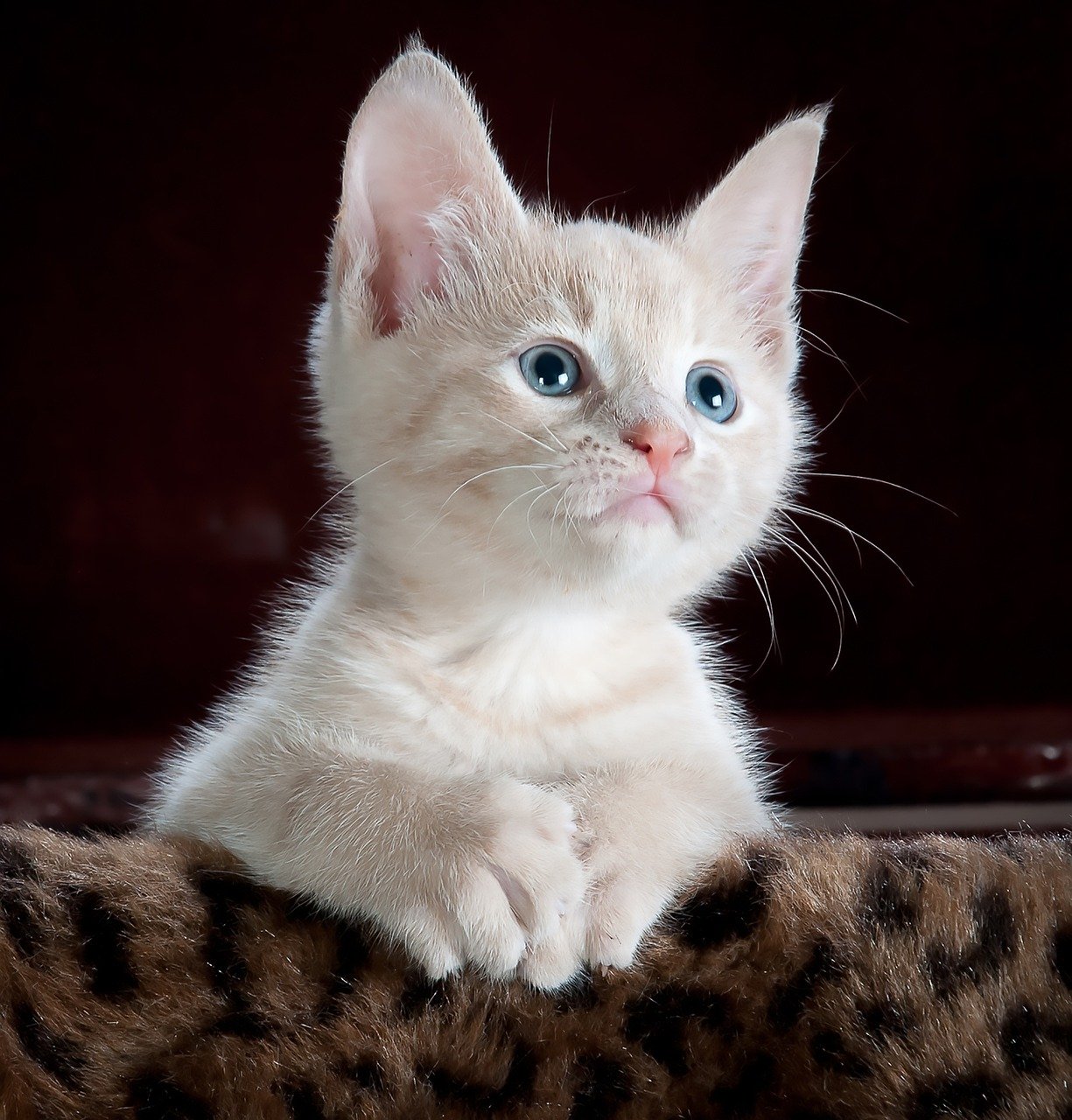
On the flip side, if your cat becomes overly clingy or needy, it might be feeling unseen. A cat that constantly follows you around or insists on being in your lap might be seeking reassurance. While it’s important to provide comfort, it’s also crucial to create a balanced environment where your cat feels secure and loved without becoming overly dependent.
Changes in Sleeping Patterns
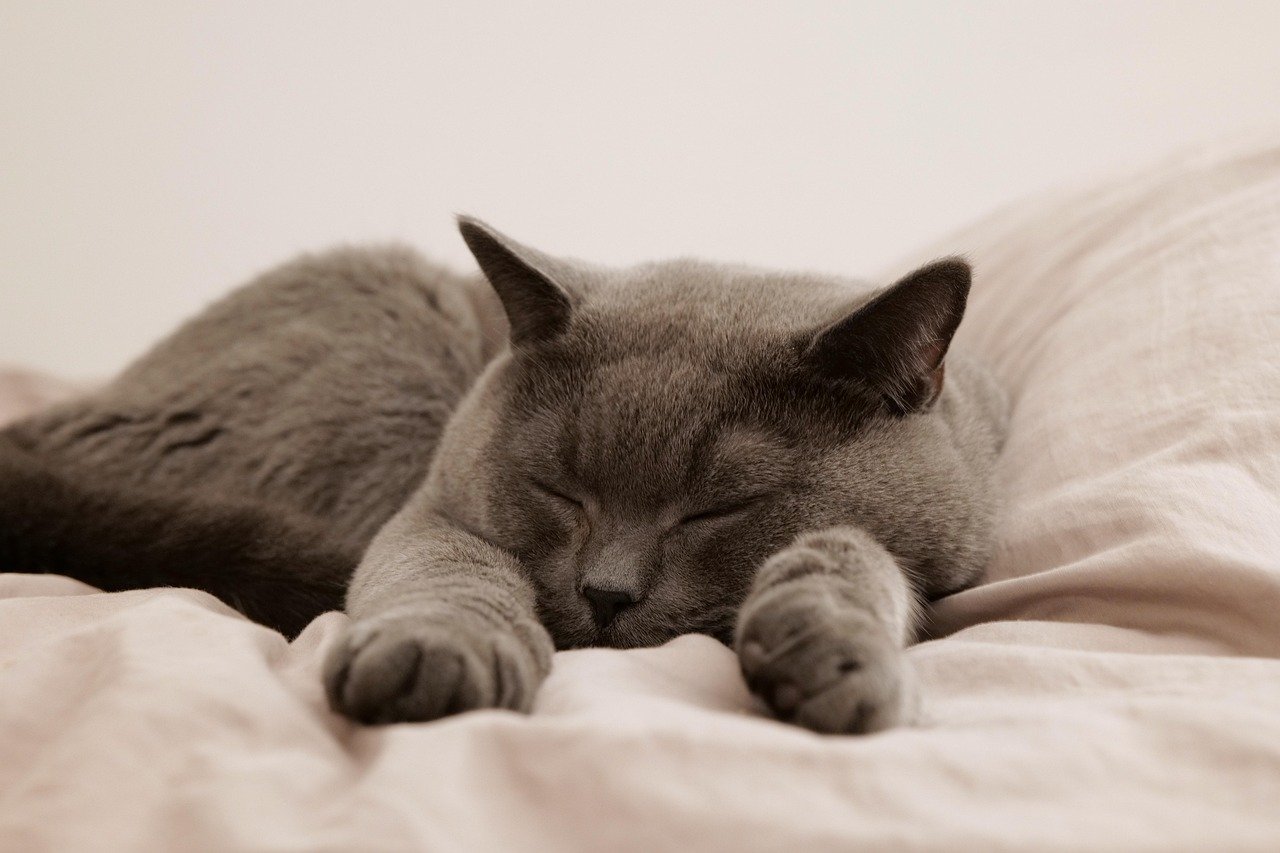
Cats are notorious for their love of sleep, but significant changes in their sleeping patterns can signal emotional distress. If your cat is sleeping more than usual or seems restless during sleep, it might be feeling unseen. Ensuring your cat has a comfortable and quiet place to rest, along with plenty of affection and attention, can help improve its overall well-being.
Loss of Interest in Socializing
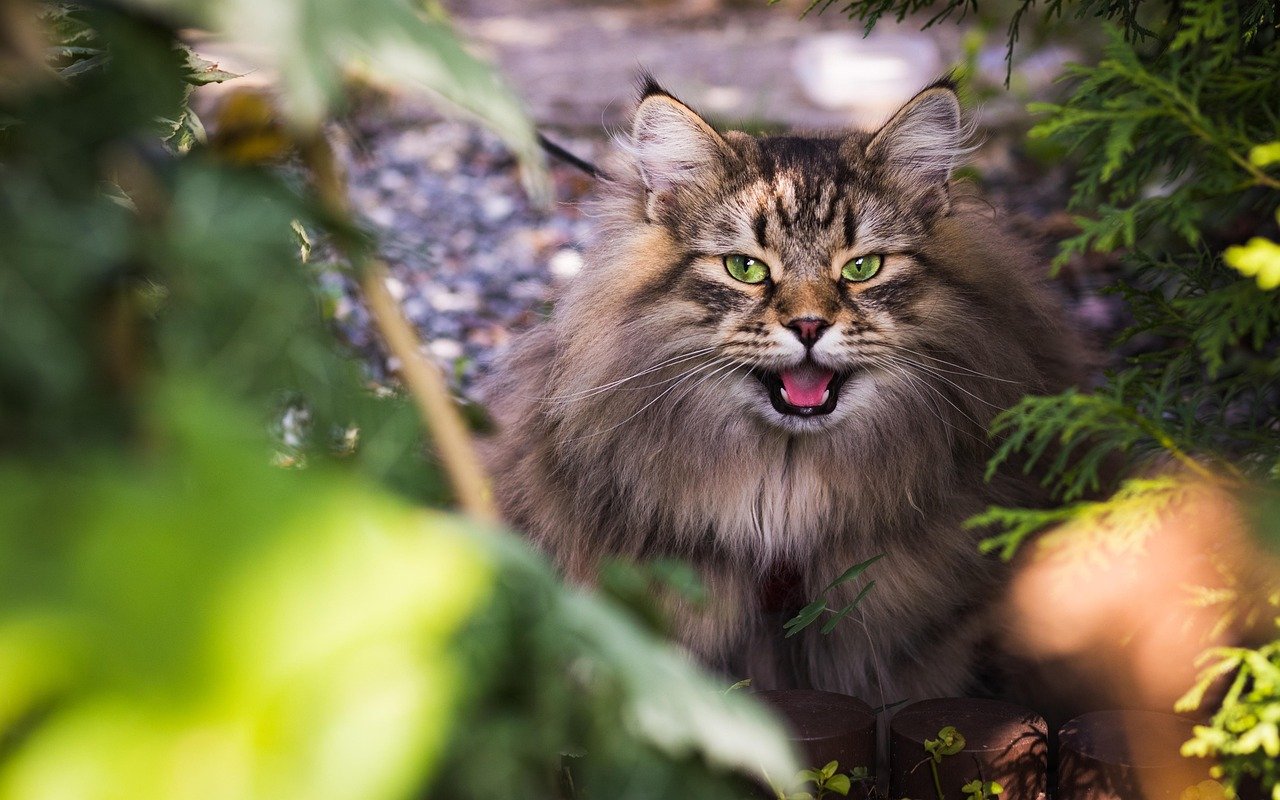
Cats are social animals, and a loss of interest in socializing can be a sign that your cat is feeling unseen. If your cat is avoiding interactions with you or other pets, it might be experiencing feelings of neglect. Encouraging socialization through gentle petting and interactive play can help your cat feel more included and loved.
Unexplained Aggression
If your usually sweet-natured cat starts displaying unexplained aggression, it might be feeling unseen. Aggression can be a way for cats to express their frustration or distress. Understanding the root cause of this behavior and providing a nurturing environment can help your cat feel more secure and reduce aggressive tendencies.
Seeking Solitude
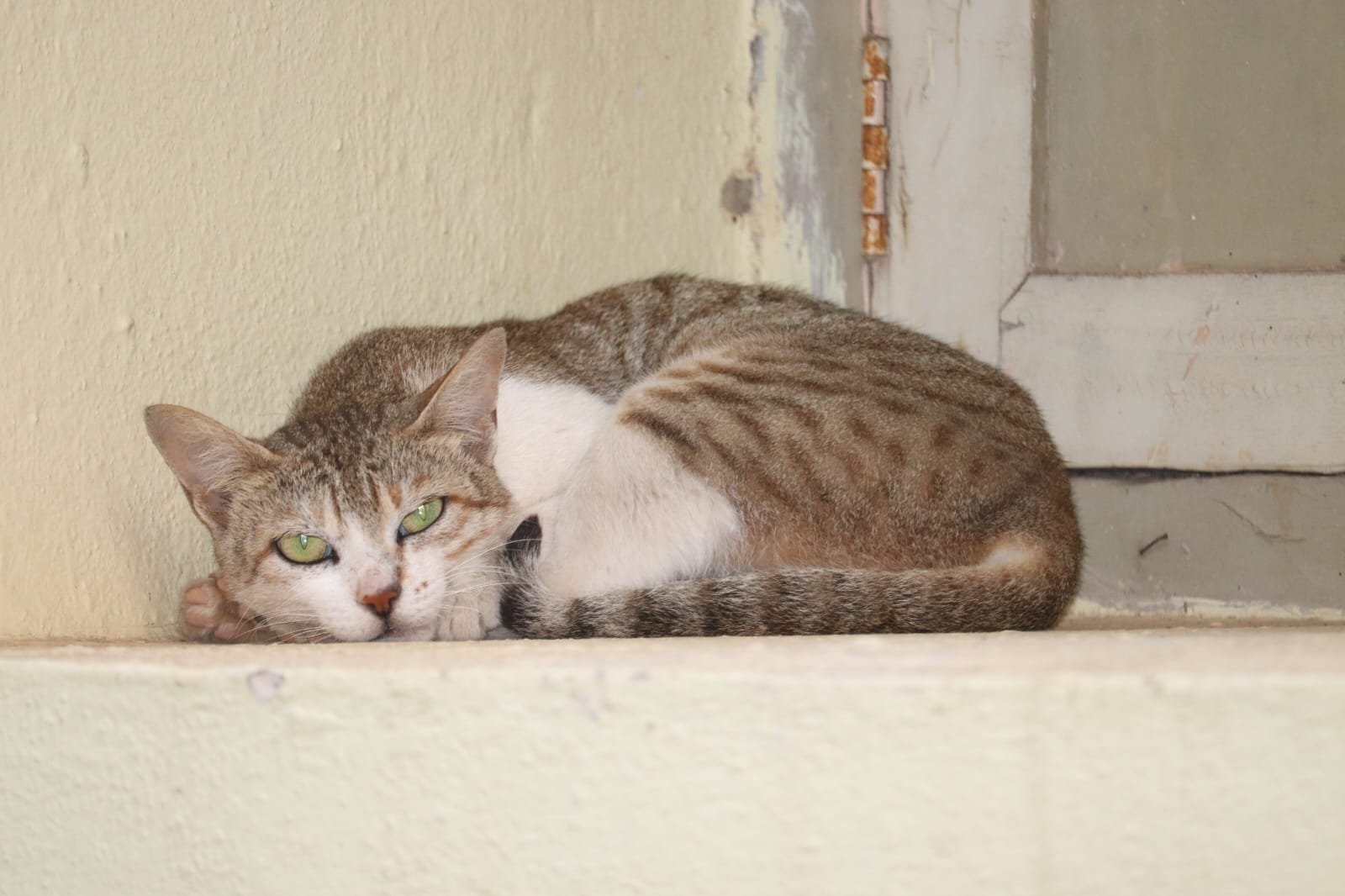
While some cats naturally enjoy solitude, an increased desire for alone time can indicate that your cat is feeling unseen. It might retreat to quiet corners of the house, avoiding human interaction. By spending quality time with your cat and engaging in bonding activities, you can help it feel more connected and valued.
Lack of Purring
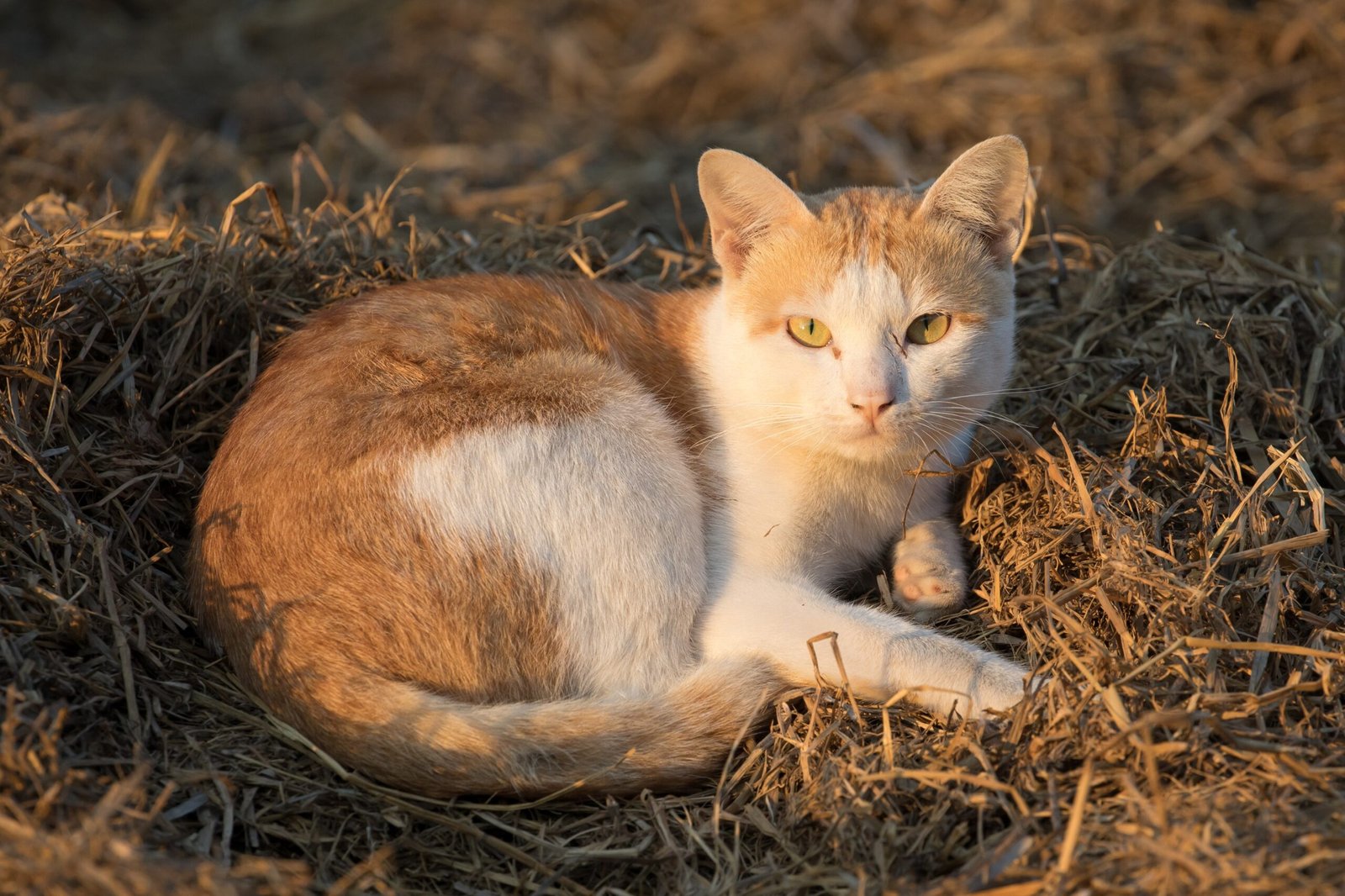
Purring is a sign of contentment in cats, and a lack of purring can suggest that your cat is feeling unseen. If your cat has stopped purring during moments of affection or relaxation, it might be experiencing emotional distress. Providing a calm and loving environment can encourage your cat to express its contentment through purring once again.
Frequent Scratching
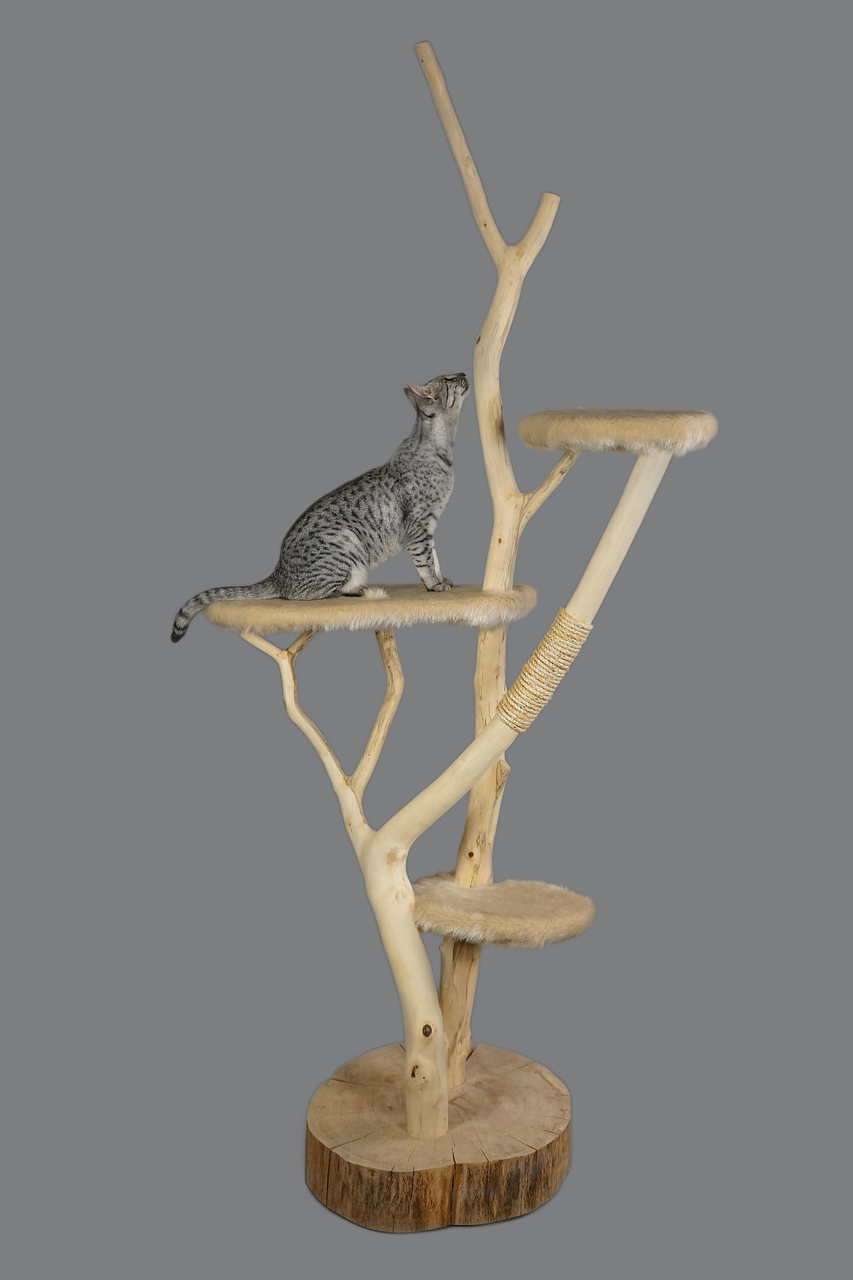
Cats scratch for various reasons, but frequent scratching can be a sign of feeling unseen. It might be your cat’s way of marking its territory or expressing frustration. Providing your cat with scratching posts and ensuring it feels included in daily activities can help reduce this behavior.
Overly Dependent on Routine
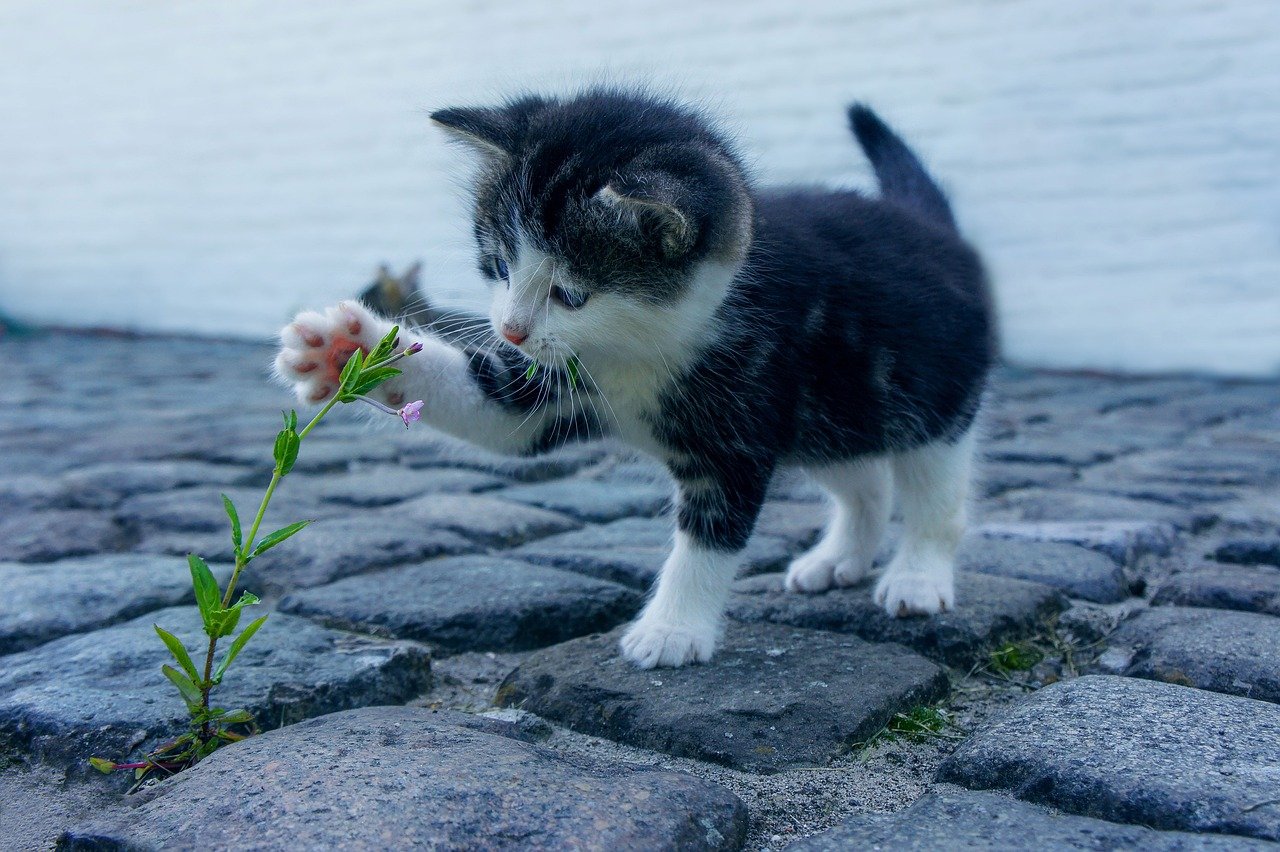
Cats thrive on routine, but if your cat becomes overly dependent on it, it might be feeling unseen. A cat that becomes anxious when its routine is disrupted might be seeking stability and reassurance. Maintaining a consistent schedule and providing plenty of attention can help your cat feel more secure.
Frequent Yawning
While yawning is a natural behavior, frequent yawning can indicate stress or boredom in cats. If your cat is yawning more than usual, it might be feeling unseen or unstimulated. Engaging your cat in interactive play and providing mental stimulation can help alleviate its boredom and stress.
Refusal to Be Held
If your cat suddenly refuses to be held or cuddled, it might be feeling unseen. This behavior can be a sign of emotional distress or discomfort. Creating a loving and supportive environment, along with gentle affection, can help your cat feel more comfortable with physical contact.
Changes in Body Language
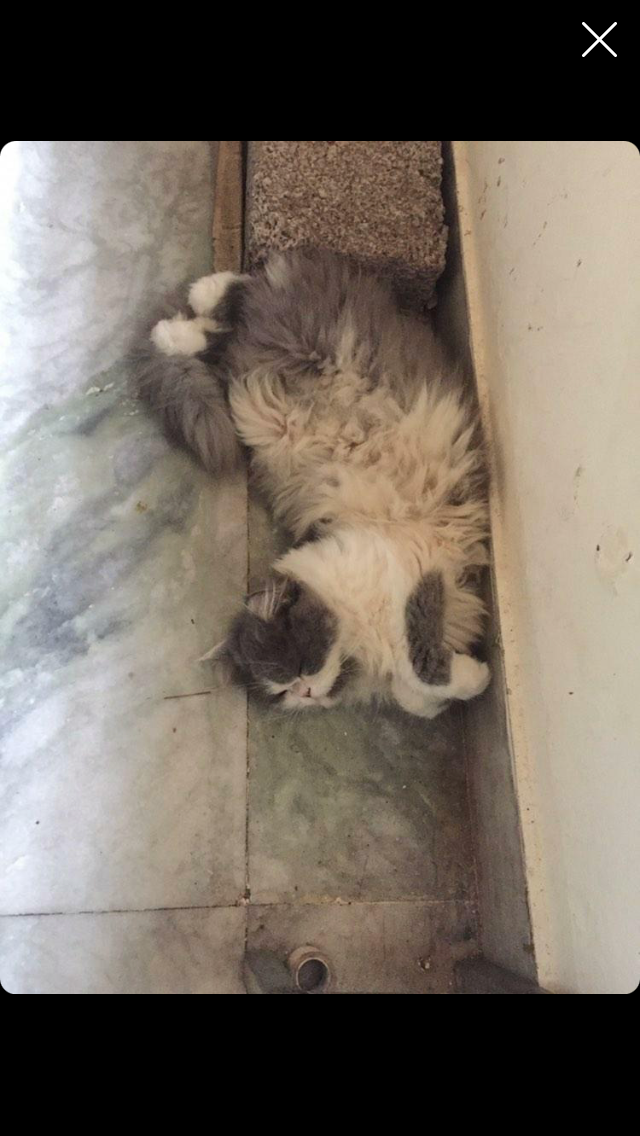
Cats communicate a lot through body language, and changes in their posture can indicate that they’re feeling unseen. A cat that is hunched or has its ears back might be expressing discomfort or anxiety. Observing these cues and responding with affection and reassurance can help your cat feel more secure.
Loss of Appetite for Treats
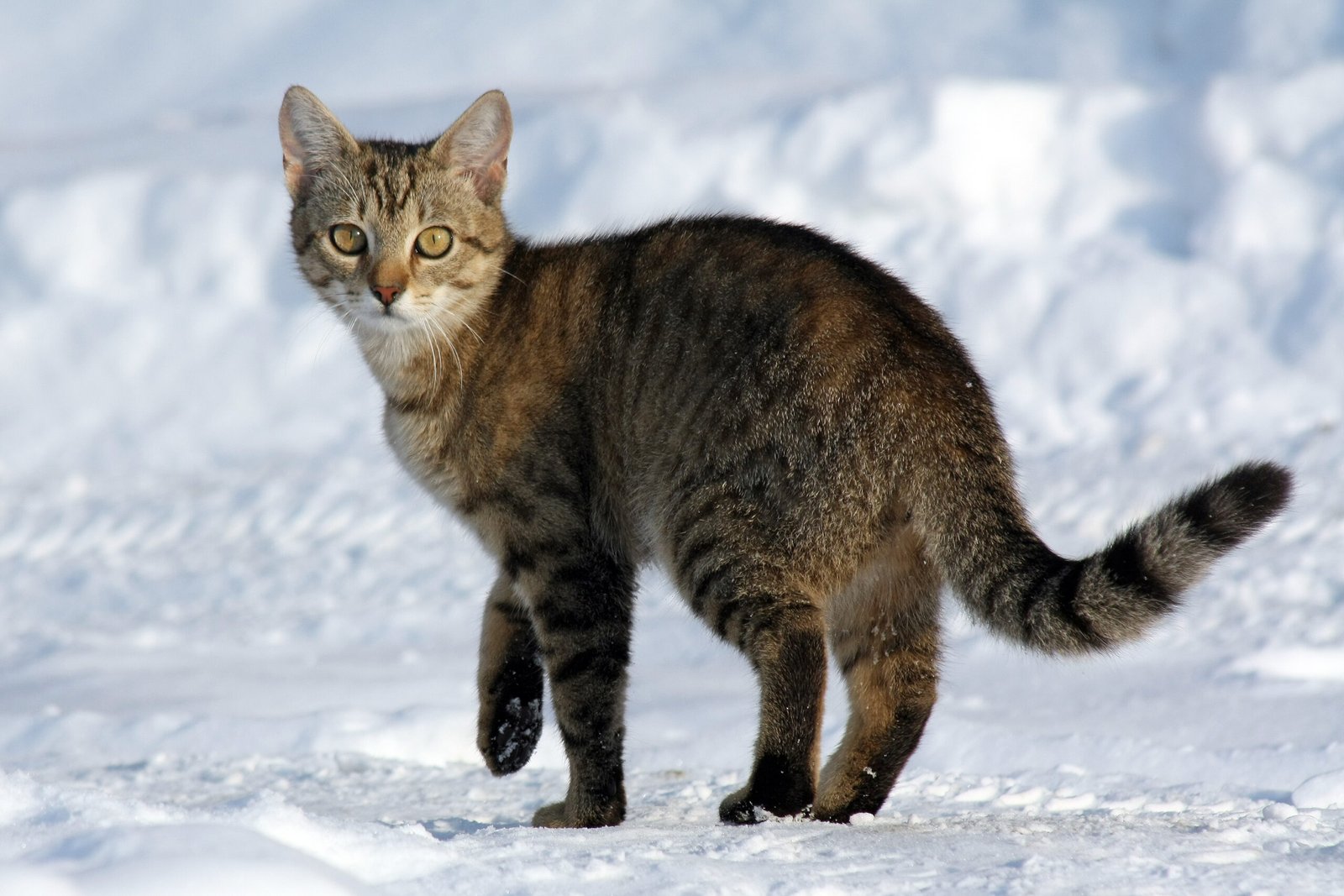
Cats love treats, and a loss of appetite for their favorite snacks can signal that they’re feeling unseen. If your cat is turning its nose up at treats, it might be experiencing emotional distress. Offering treats during bonding activities and ensuring your cat feels included can help rekindle its interest in these tasty rewards.
Increased Sensitivity to Noise
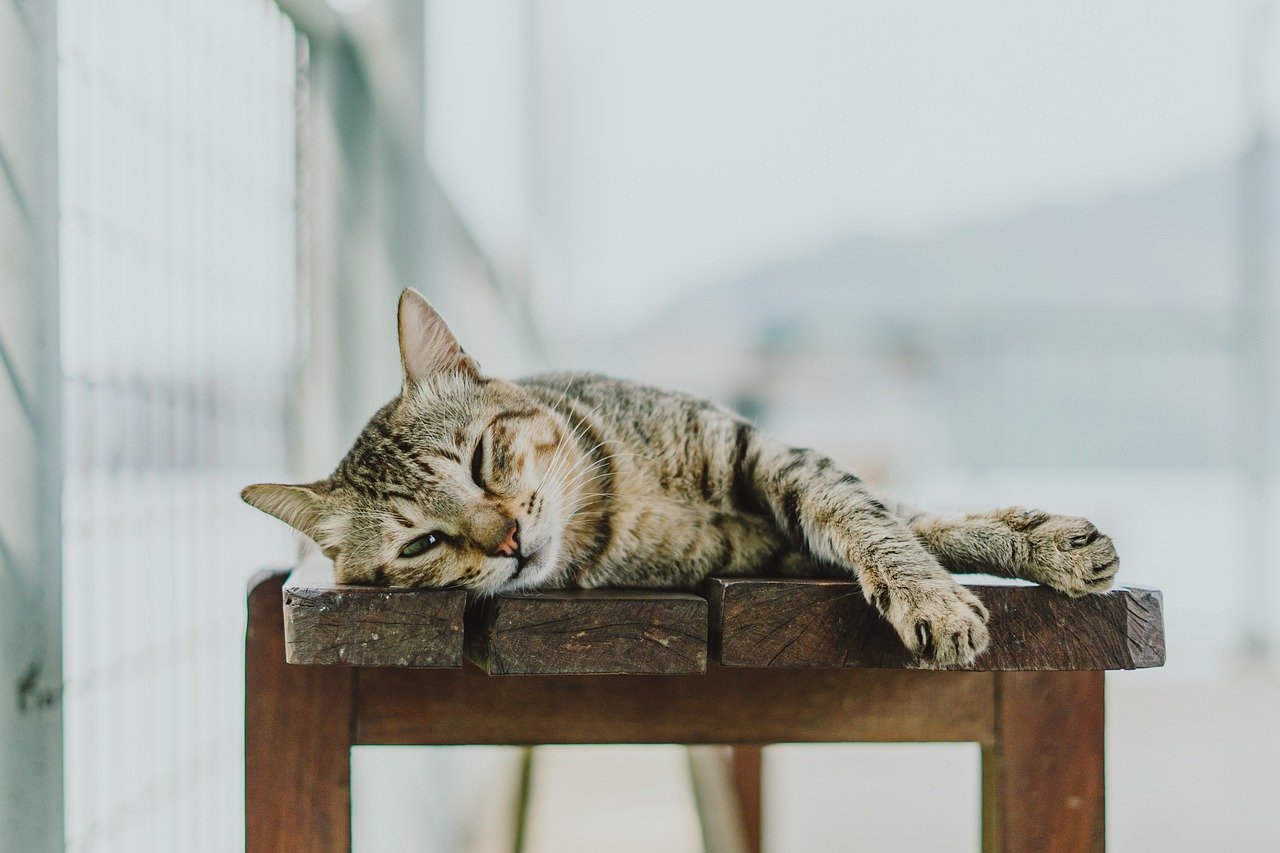
If your cat becomes more sensitive to noise, it might be feeling unseen. Sudden reactions to everyday sounds can indicate stress or anxiety. Creating a calm and quiet environment, along with plenty of affection, can help your cat feel more at ease.
Lack of Curiosity
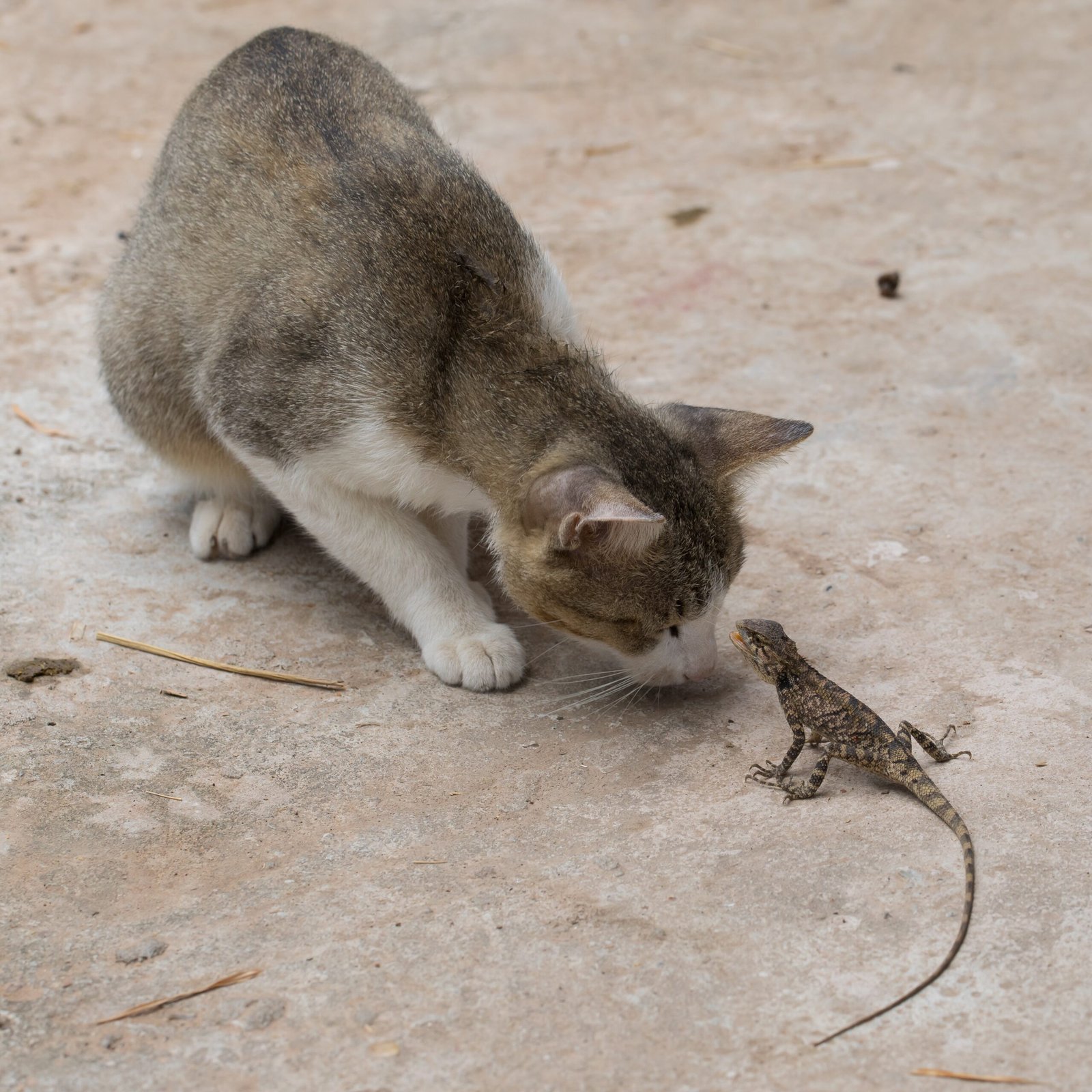
Cats are naturally curious creatures, and a lack of curiosity can be a sign that your cat is feeling unseen. If your cat seems disinterested in exploring or investigating new things, it might be feeling neglected. Encouraging exploration through interactive toys and engaging activities can help reignite your cat’s curiosity and sense of adventure.
In conclusion, understanding your cat’s subtle signals can make a world of difference in ensuring it feels seen and loved. By paying attention to changes in behavior and providing a nurturing environment, you can strengthen the bond with your feline friend. What steps will you take to ensure your cat never feels unseen?
Hi, I’m Bola, a passionate writer and creative strategist with a knack for crafting compelling content that educates, inspires, and connects. Over the years, I’ve honed my skills across various writing fields, including content creation, copywriting, online course development, and video scriptwriting.
When I’m not at my desk, you’ll find me exploring new ideas, reading books, or brainstorming creative ways to solve challenges. I believe that words have the power to transform, and I’m here to help you leverage that power for success.
Thanks for stopping by, Keep coming to this website to checkout new articles form me. You’d always love it!






